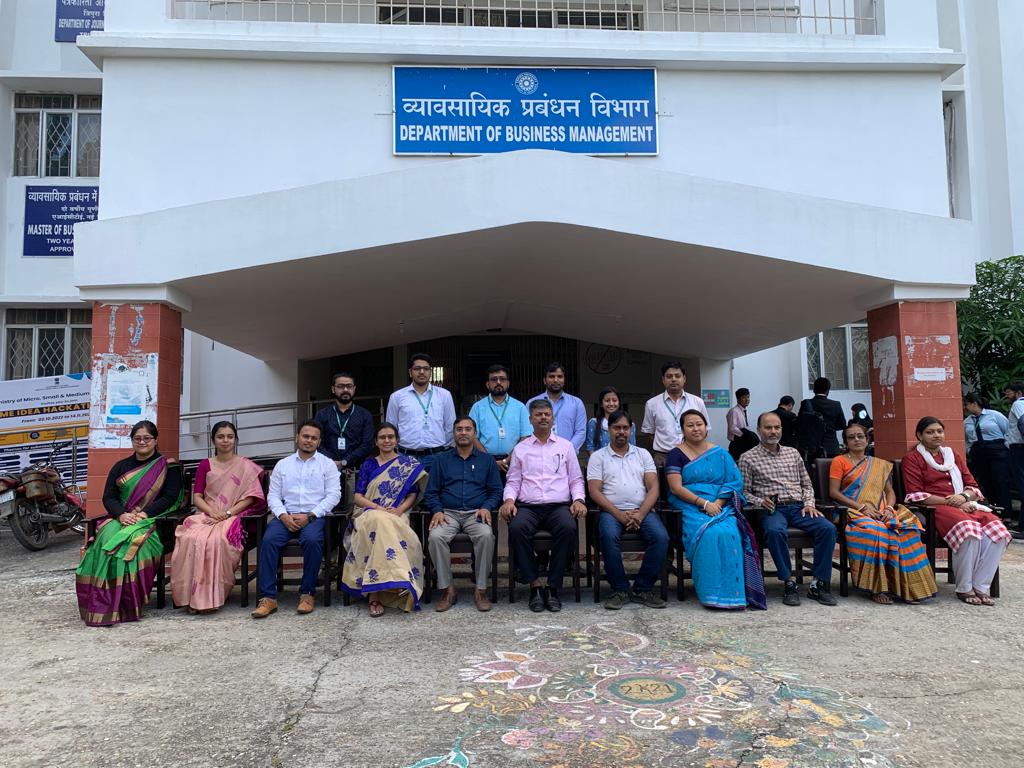
Ph.D. Title - “Behavioural Intention of the Students towards Online Learning Ensuring Learning Continuity in the Higher Education Sector of Bangladesh”
Summary
The COVID-19 Pandemic has extensively impacted various sectors globally, including the higher education sector of Bangladesh. This impact on the educational sector was particularly devastating. Educational institutions introduced online education to allow students to pursue their studies at home. Due to the sudden cancellation of face-to-face classes, teachers and students needed more time to familiarise themselves with the new online educational alternative. Therefore, my research aimed to understand the factors determining university students' behavioural intention toward online learning in Bangladesh.
The study is cross-sectional and followed a quantitative research approach with purposive sampling. Data were collected at a single point using a sample size of 578 respondents who studied online during the various phases of lockdown at five public and five private universities in Bangladesh. Regarding multivariate analysis, the Partial Least Squares - Structural Equation Modelling (PLS-SEM) is applied to test the causal relationships in the structural model. SmartPLS (version 3.3.9) statistical approaches were adopted for data analysis as it is considered a second-generation technique.
This study presents an extended UTAUT model by integrating pandemic fear as the moderator to study students' behavioural intention to adopt an online learning system under a disruptive situation. Statistically, a positive significance was found between Performance Expectancy (PE), Effort Expectancy (EE), Social Influence (SI), and Behavioural Intention (BI) in online learning participation. At the same time, the Facilitating Conditions (FC) and the Behavioural Intention (BI) exhibited a negative relationship. This study indicated that the pandemic fear moderates the relationship between effort expectancy and behavioural intentions to adopt online learning, with a negative path coefficient. The last outcome of this study indicated that the pandemic fear moderates the relationship between facilitating conditions and the behavioural intention to adopt online learning, with a strong positive path coefficient.
With the study of students' behavioural intention toward online learning, the university administration could improve the existing installations and customise future deployments based on students' needs and expectations. Practitioners, especially academicians and policymakers, will find this model useful while developing andragogic interventions for the higher education sector in Bangladesh.


